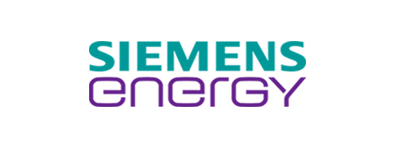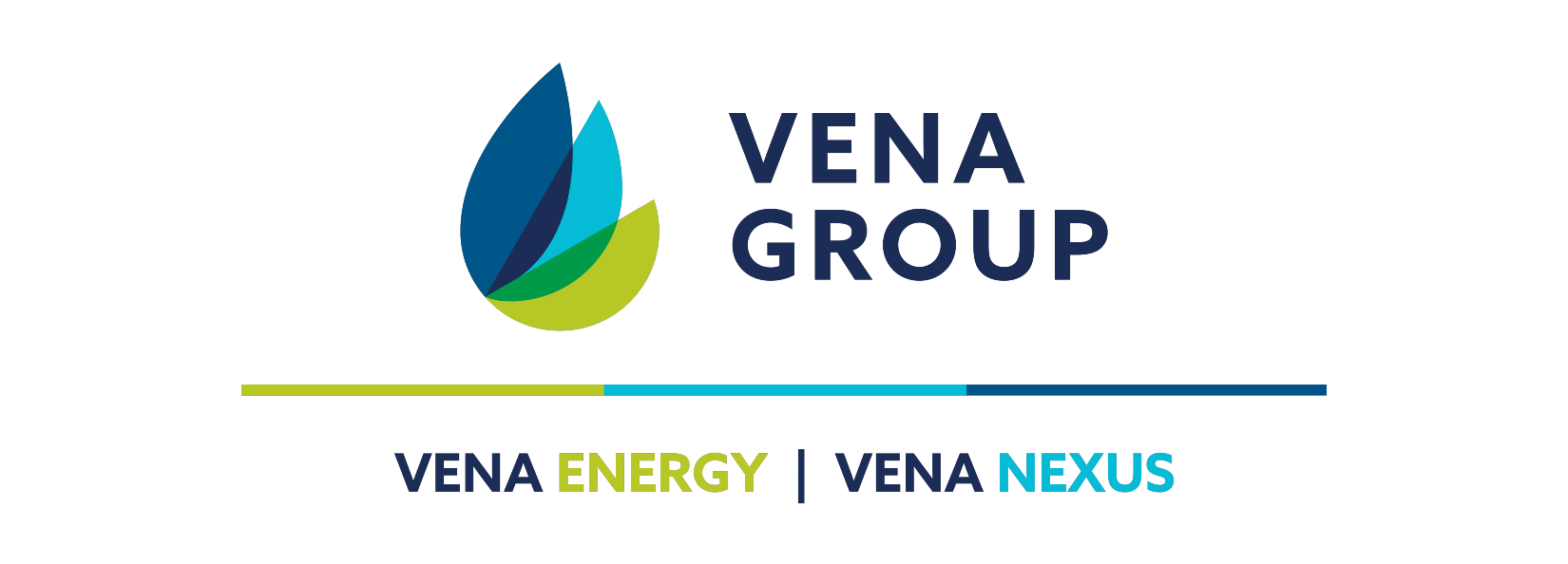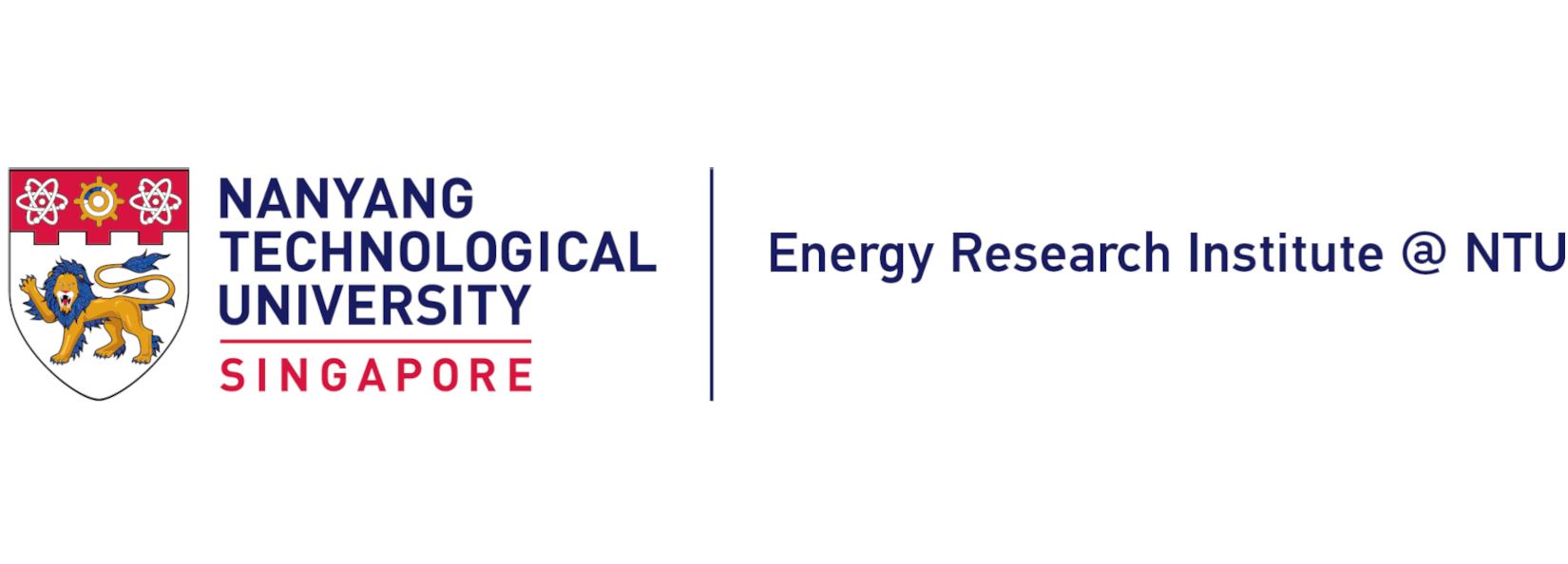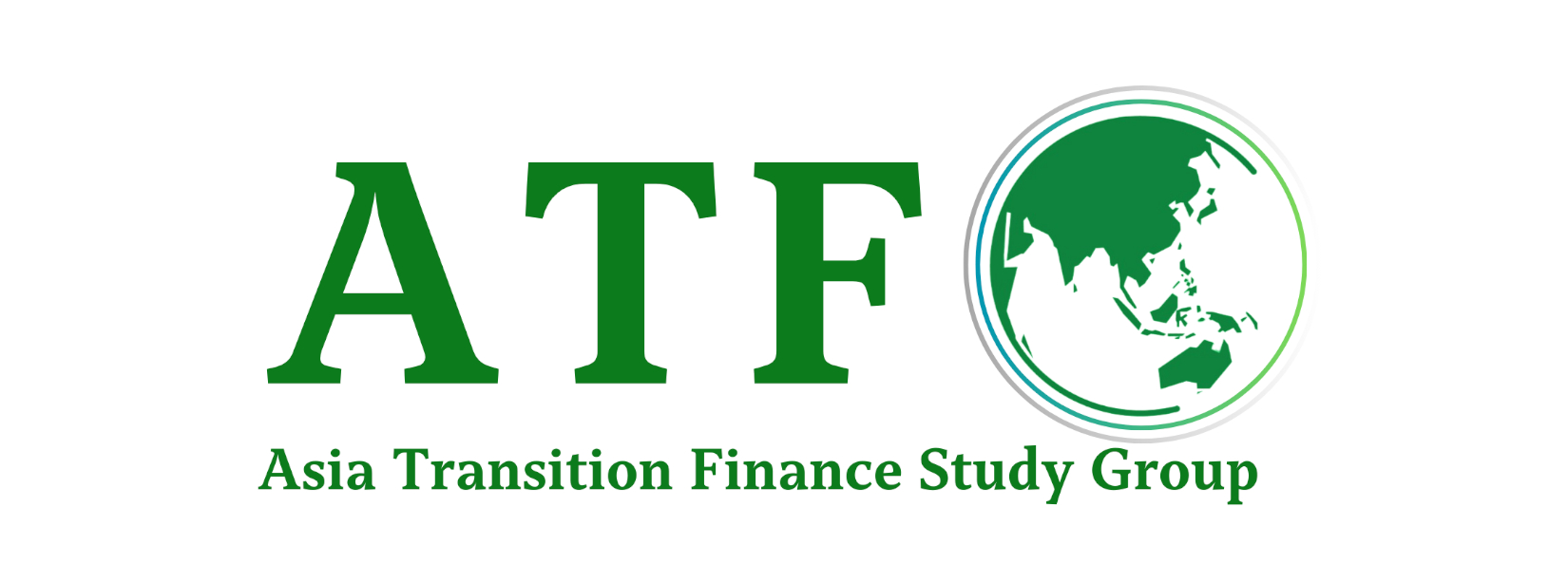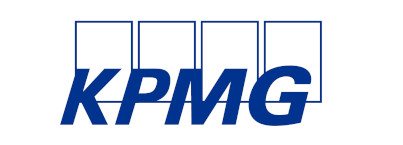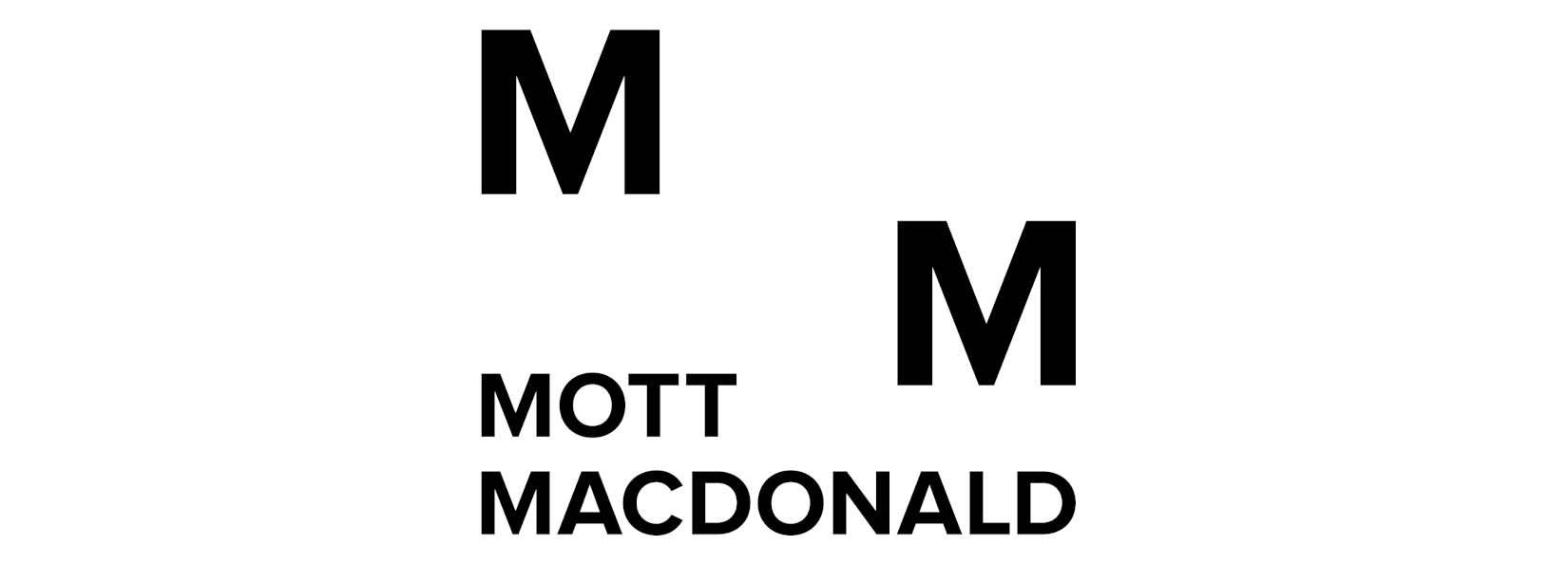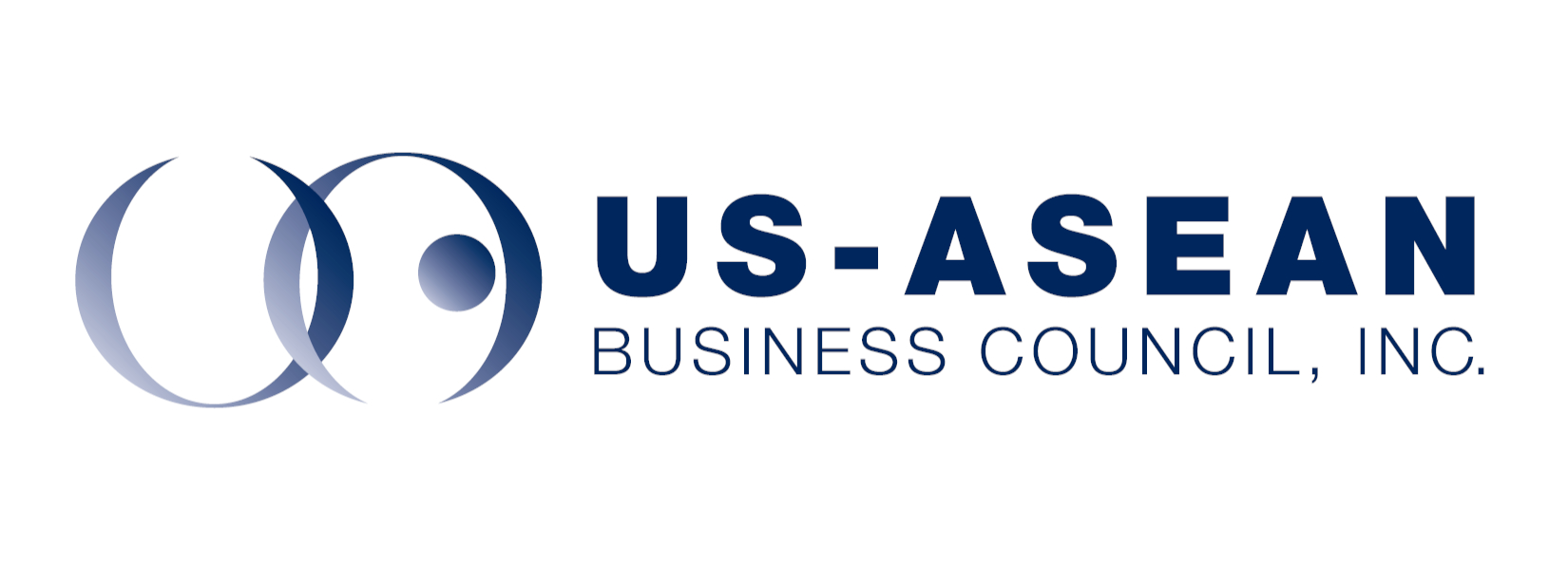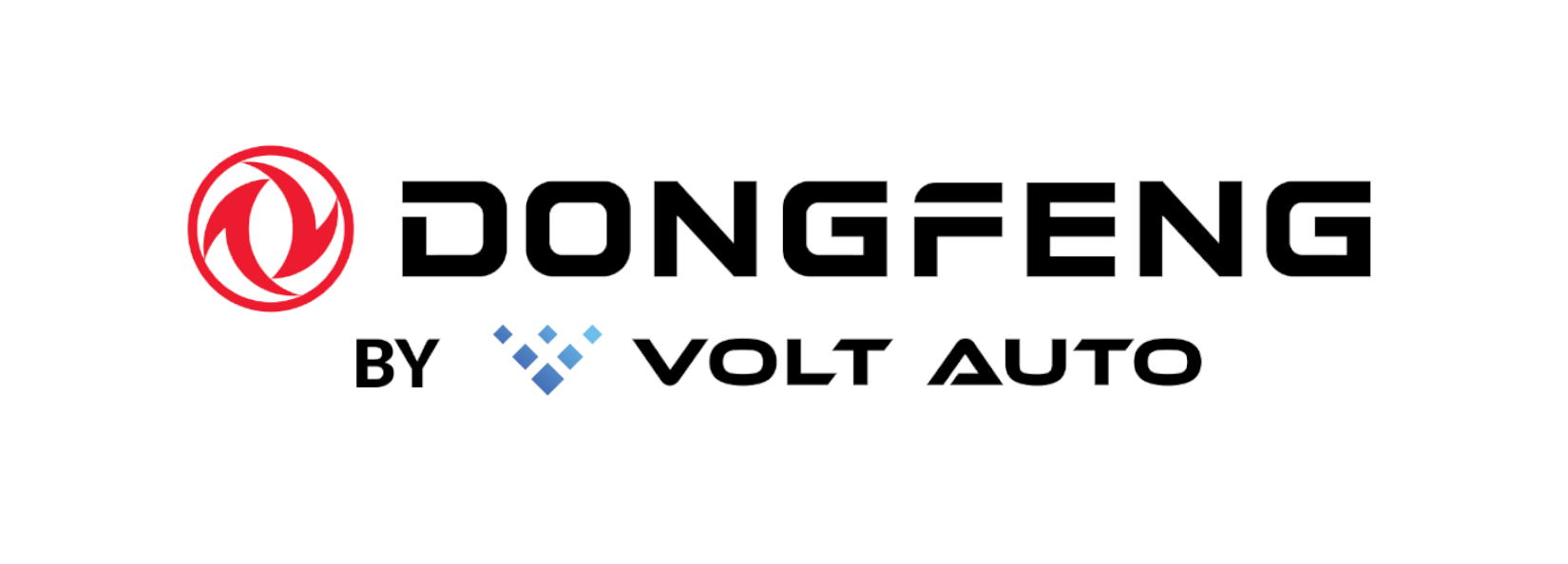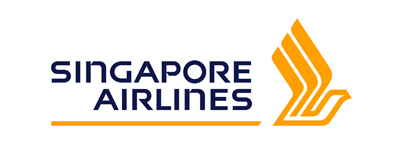Southeast Asia has a heavyweight role to play in the energy transition. Creating an affordable, secure and low carbon energy system in the region will require overcoming numerous challenges. Andrew Craig, Associate Director – Infrastructure Advisory, KPMG Singapore, reports. This article is contributed by KPMG - the official Content Partner for SIEW 2022.
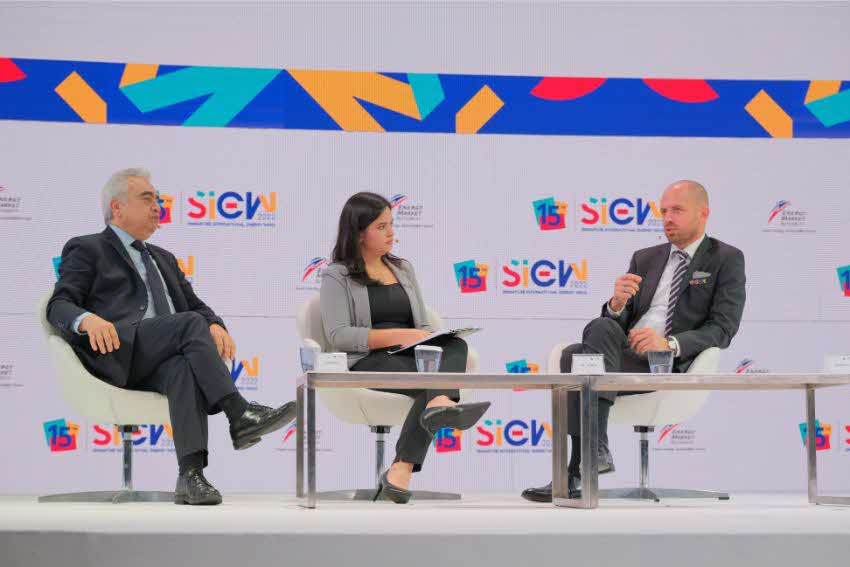
During the SIEW Opening Keynote Address of the Singapore International Energy Week (SIEW) 2022 on 25 October, Dr Fatih Birol, Executive Director, International Energy Agency (IEA), and Dr -Ing Christian Bruch, President and Chief Executive Officer, Siemens Energy AG, outlined their views on the potential pathways to "A Resilient and Sustainable Energy Future".
Global energy crisis a catalyst for the energy transition
In his Address, Dr Birol began by noting the overall importance of the Southeast Asia region in the energy sector, due to its economic capacity and resource potential. He highlighted that Southeast Asia is expected to play a heavyweight role in the global energy transition.
Dr Birol discussed how the global headwinds in the energy sector are likely to continue into the new year as lack of new supplies, production cuts and increasing demand are set to further market pressures. Nevertheless, he was optimistic that the energy crisis may create an acceleration in the energy transition, naming three key factors:
(i) Unprecedented global government response to the energy crisis driving investment in renewable energy and manufacturing supply chains;
(ii) Data showing that significant investment in renewable energy is ongoing, including record deployment of renewable energy, growing investment in hydrogen, returning interest in nuclear energy, and near quadrupling of the market share of electric vehicle sales from 4-15% across three years; and
(iii) Potential for energy transition in emerging markets where it is substantially cheaper to abate a tonne of carbon dioxide than in domestic markets. That said, this will require all parties to work together to overcoming the large financing gap.
Dr Birol finished by discussing how Singapore and the IEA are exploring setting up a joint IEA-Singapore regional centre to work with all countries in the region.
Five key considerations for Asia Pacific
Dr Bruch began his address by noting that while there is strong alignment on challenges and goals across governments, there needs to be a strong move towards action as the world is already running behind on its climate targets.
Dr Bruch also echoed Dr Birol’s comments on the importance of Asia Pacific as a powerhouse of the energy sector given the region's growing population and economic importance.
Dr Bruch noted that there is strong diversity in the region and that there is unlikely to be a one-size-fits-all solution to the energy transition. However, he outlined broad points that Siemens Energy considers as consistent global requirements for a successful transition, namely to:
(i) Accelerate deployment of renewables which will require significant access to raw materials and decreasing regulatory hurdles;
(ii) Further energy efficiency as this is essential to counteract the strong growth in energy demand which would otherwise significantly increase the required investment to complete the transition;
(iii) Strengthen electricity grids to facilitate increased penetration of renewable energy and increasing interconnection to further regional trade;
(iv) Utilise existing infrastructure and technologies to bridge the transition and provide low-cost transition pathways towards achieving climate goals; and
(v) Develop both local and global supply chains to overcome the complexity in renewable energy manufacturing which requires significantly more minerals than conventional power sources. In accomplishing this, it will be important to find the right balance between developing local employment opportunities and the creation of efficient global supply chains.
Importance of taking immediate action
As part of a subsequent panel discussion between the two speakers, Dr Bruch highlighted that the energy transition is a highly complex problem to solve, but that it is critical to act now and leverage the technologies already available. Dr Birol observed that in the coming 10 years, the current crisis will be seen as the key turning point in developing a sustainable and secure energy system.
Both ended on an optimistic note of being able to secure a resilient and sustainable energy future.
Follow us on Twitter (@SIEW_sg) to get the latest #SIEW2022 updates throughout the day!











